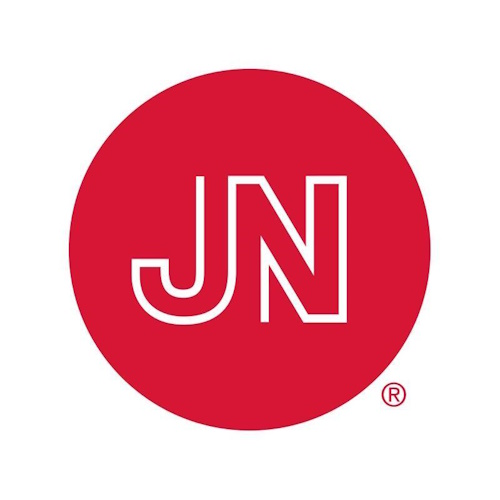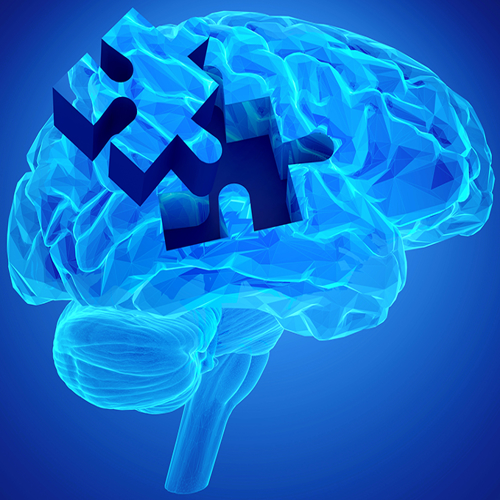Key points from article :
An experimental drug hailed as a turning point in treating Alzheimer's; questions remain on its effectiveness, safety and practicality.
Donanemab is an antibody that binds to amyloid protein in the brain, which is thought to play a role in Alzheimer’s disease.
Results from a large trial on 1700 people found that treatment group had less progression of their dementia symptoms.
Symptom scores for those who got the treatment were about 30% lower than the people in the placebo group.
For people with mild cognitive impairment, there was a 60% difference between the treatment and placebo groups.
People who got the drug didn’t improve, they deteriorated at a slightly slower rate than those who had a placebo.
Concerns on the relatively small benefit from the drugs, potentially fatal side effects and practical difficulties.
Brain swelling was seen in 24% of people who got the treatment and in 2% of those who got a placebo.
Eli Lilly chose a different strategy by ceasing infusions after PET scans show all amyloid has been cleared - potentially reduce treatment costs.
The US FDA and the UK yet to confirm the drug usage in respective nations.
Study led by Daniel Skovronsky, published in the journal JAMA.







